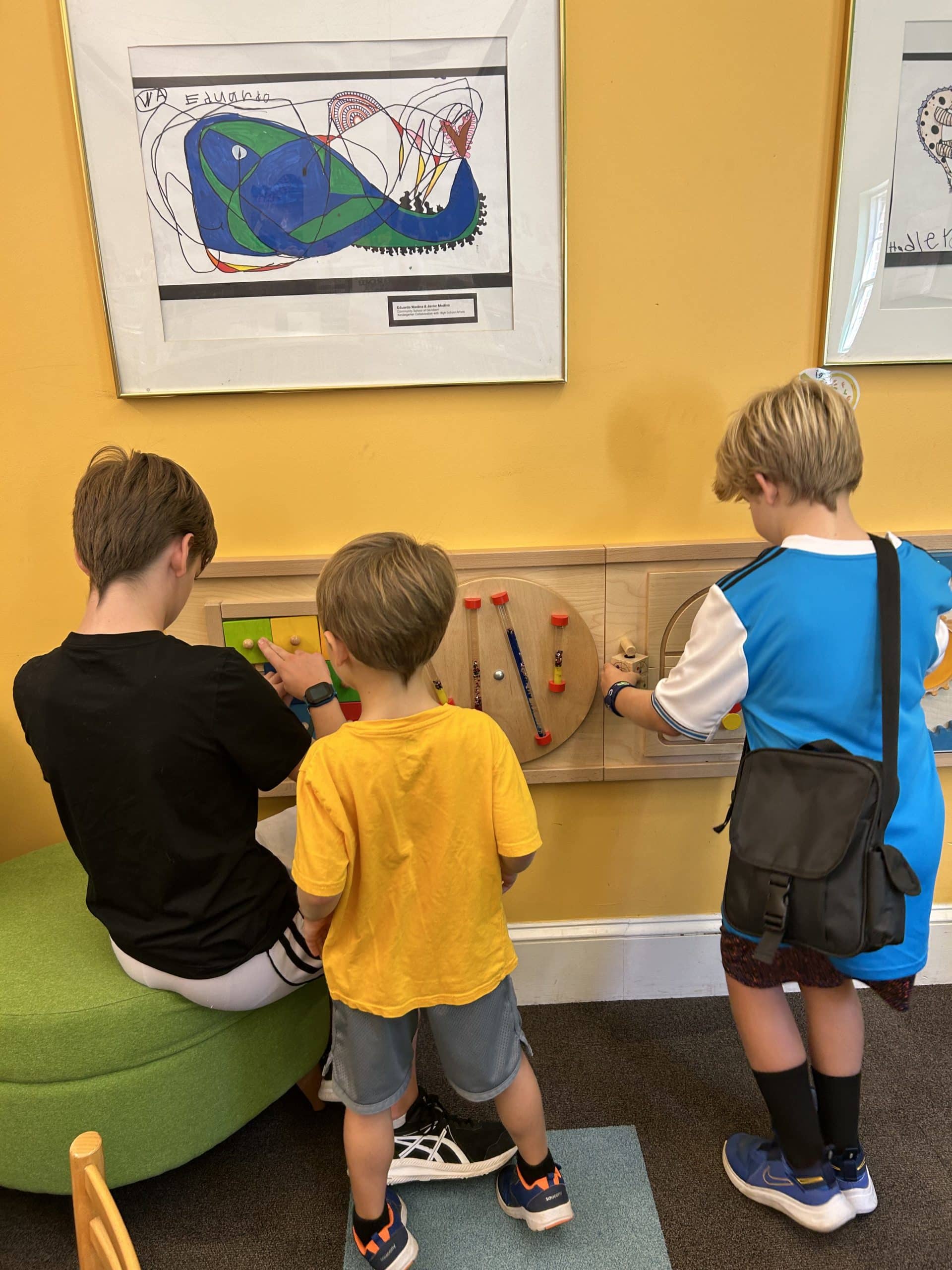Culturally competent teaching refers to being sensitive to issues of the culture in the school. It’s also about bridging the culture gap that exists in classrooms and closing the achievement gap. Without a cultural awareness in everyday teaching, a disconnect in the learning will exist.

Our urban communities currently have many teachers lacking an understanding of the culture of their classrooms. Merely understanding the traditions of a group of students in the community isn’t enough. Educators must also have a knowledge of a student’s values. It is essential that they are aware of customs and traditions. All of these govern the behavior in the classroom as well as in the school’s community.
Basically, educators fight a daily battle of raising test scores. But before scores can improve, teachers must have a thorough knowledge of their students. Teachers need to understand where students come from to form meaningful teacher to student relationships. This starts with being culturally competent while teaching content and skills.
An educator’s lesson, no matter how good, is not important if there is no connection between student and teacher. In failing to connect culturally, our students become disengaged in the lesson.
Culturally Competent Educators
• Know the students. Research the population of the community. And, understand the demographics of the area.
• Learn the habits of the students such as, their music, activities or their reading genre.
• Find out if they live in a one or two parent family and if there are siblings.
• Allow students to speak about their social norms. Most of all, listen to what they say. Students will tell us what they need.
• Strive to understand each student.
Due to today’s mobile society, students are more diverse than ever. When educators are culturally competent, teaching improves. Educators also form a connection to their students and families. Becoming culturally competent is one way to start to close the achievement gap. When educators are culturally competent, they are able to give students the learning experiences they all deserve.




